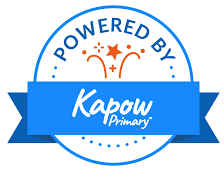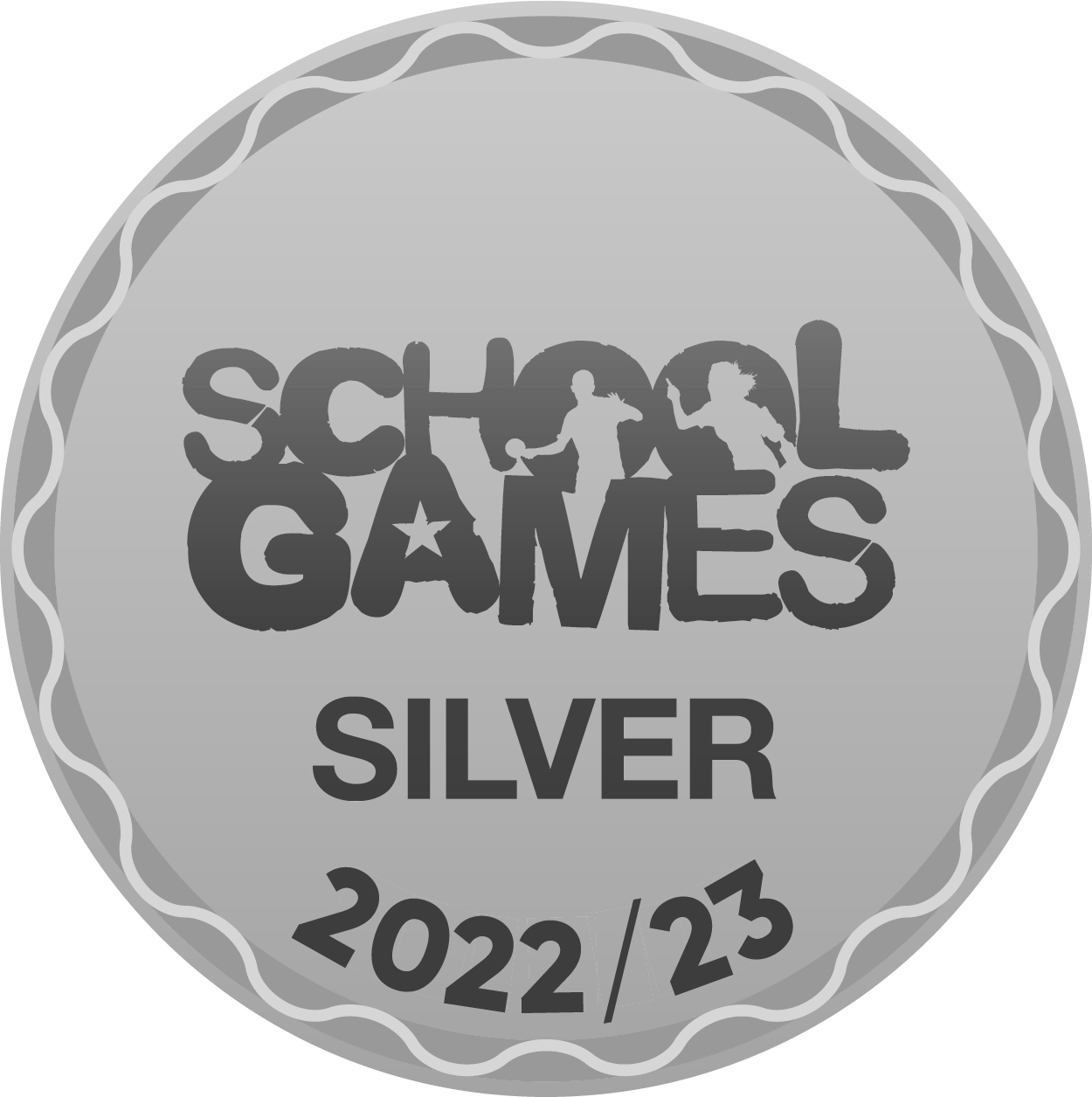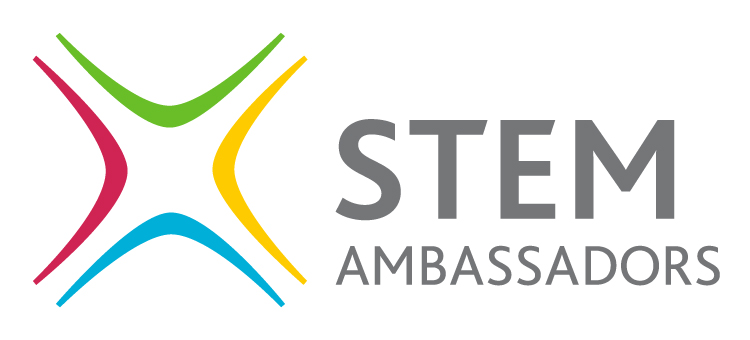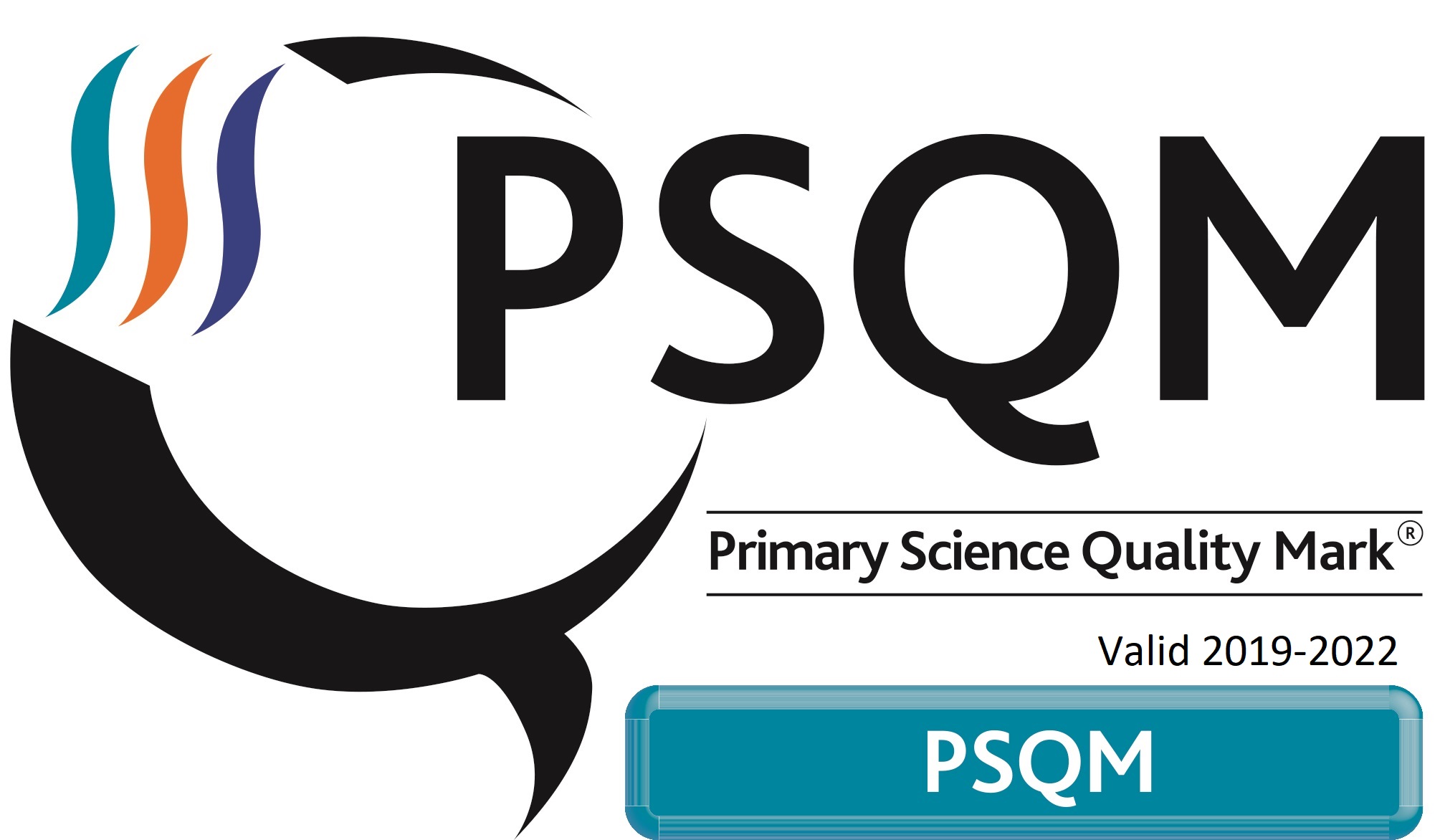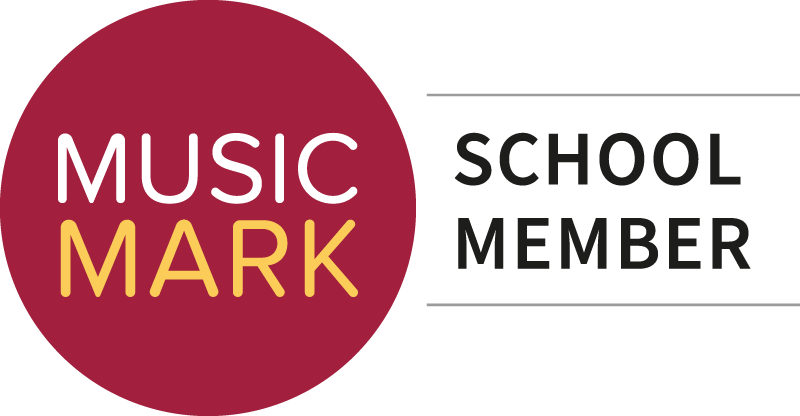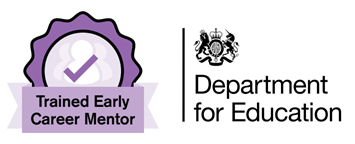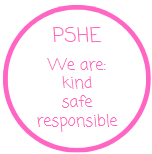 PSHE
PSHE
Our school is committed to promoting the health and well-being of the whole school community and fully recognises the important relationship between well-being and learning.
Through PSHE and the wider curriculum we promote the spiritual, moral, cultural, mental and physical development of pupils at the school and work to prepare pupils at the school for the opportunities, responsibilities and experiences of later life. British Values are explicitly taught in PSHE - find out more on our British Values page.
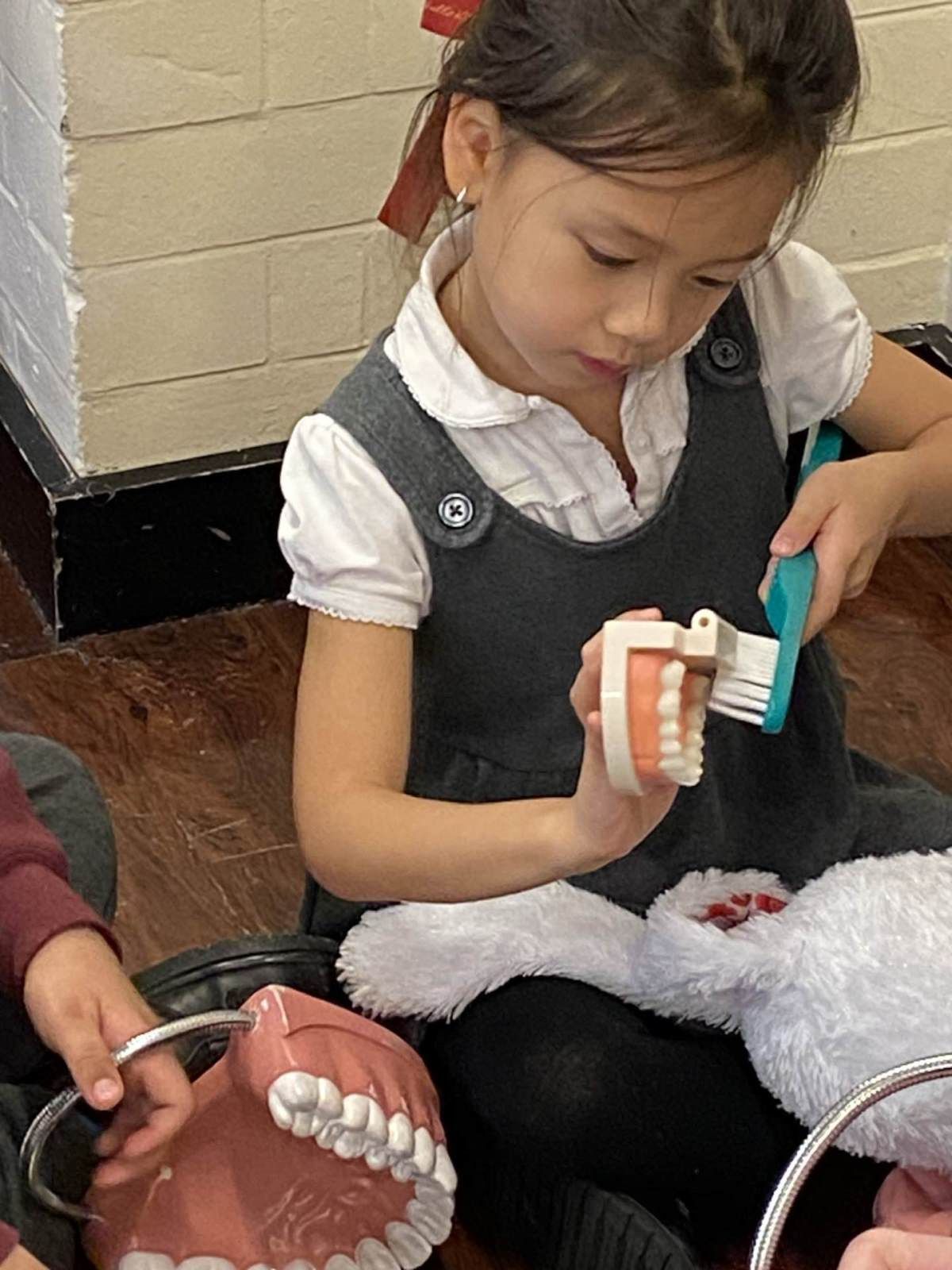 PSHE education is extremely important to us, is at the heart of our school ethos, and is embedded throughout all areas of the wider curriculum.
PSHE education is extremely important to us, is at the heart of our school ethos, and is embedded throughout all areas of the wider curriculum.
Our Jigsaw scheme of work holds children at its heart, and its cohesive vision helps children understand and value how they fit into and contribute to the world. With strong emphasis on emotional literacy, building resilience and nurturing mental and physical health, Jigsaw properly equips schools to deliver engaging and relevant PSHE within a whole-school approach. Jigsaw lessons also include mindfulness allowing children to advance their emotional awareness, concentration, focus and self-regulation.
Intent
Our Intent at Swaffield for PSHE is that we are: Kind, Safe and Responsible, which aligns with our three school rules:
Kind- we strongly emphasise emotional literacy, building resilience and nurturing mental and physical health
Safe – we promote online safety and healthy eating
Responsible – we help children understand and value how they fit into and contribute to the world.
‘Today’s children and young people are growing up in an increasingly complex world and living their lives seamlessly on and offline. This presents many positive and exciting opportunities but also challenges and risks. In this environment children and young
people need to know how to be safe and healthy and how to manage
their academic, personal and social lives in a positive way’.
DfE Relationships Education, Relationships and Sex Education and
Health Education Statutory guidance for governing bodies, proprietors,
headteachers, principals, senior leadership teams, teachers.
Implementation
At Swaffield we use the Jigsaw – The Mindful Approach to teach PSHE from Nursery to Year 6.
These are different themes which are followed by every year group:
Being Me in My World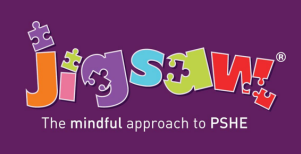
Celebrating Difference
Dreams and Goals
Healthy Me
Relationships
Changing Me
-
jigsaw-information-leaflet-for-parents-and-carers
download_for_offline
download_for_offlinejigsaw-information-leaflet-for-parents-and-carers
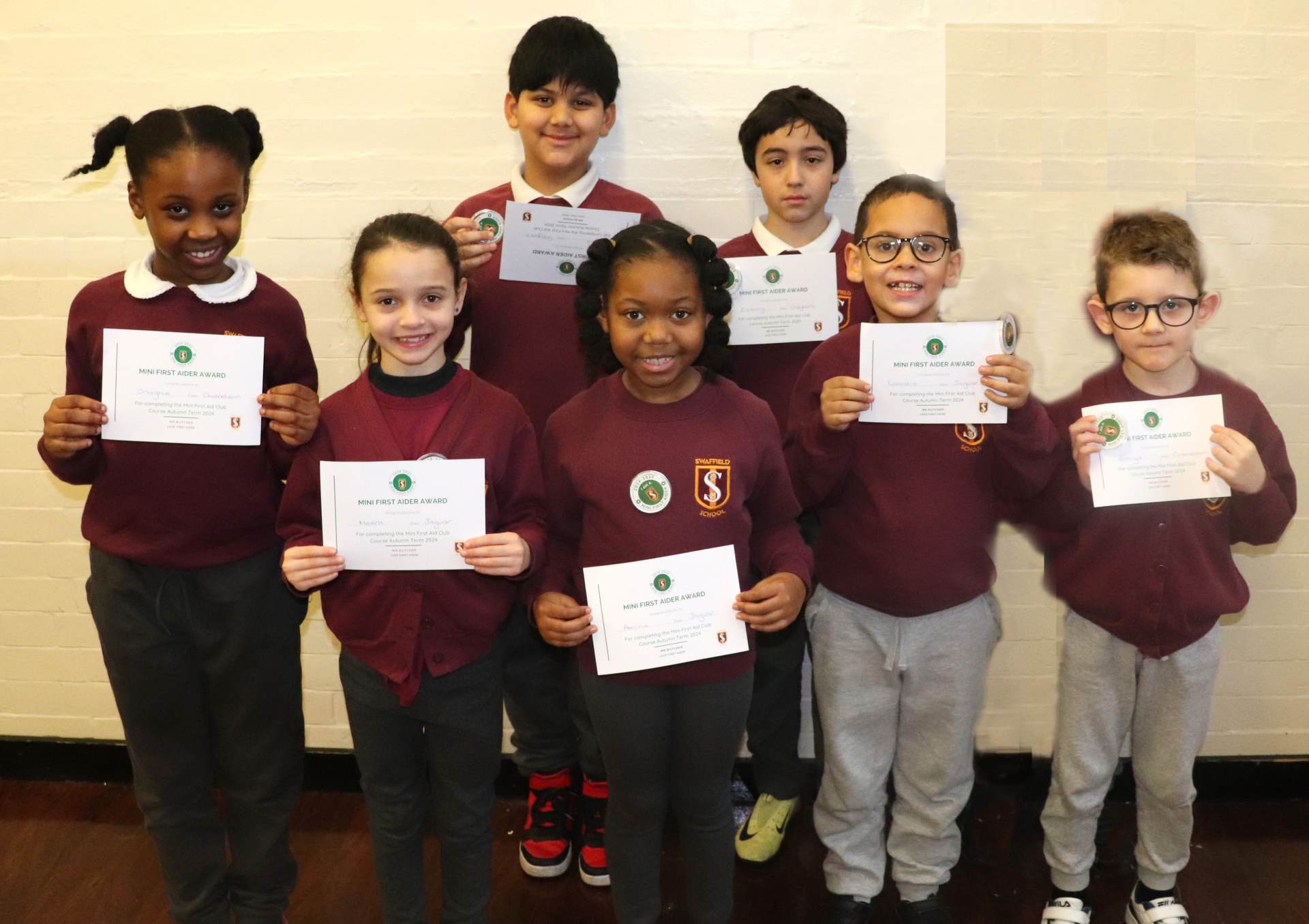
These are our first ‘Mini First Aiders’ who have
attended an after school club run by Mr Butcher.
He has taught the children how to use bandages,
clean injuries .... and even how to do CPR!
Please contact the school office or Mr Butcher
if you would like your child to take part in the
club next term.
Each year group covers content related to each theme, ensuring that a spiral programme is in place: one that revisits themes, gradually extending thinking, expanding knowledge and developing skills. Where possible we make cross-curricular links between PSHE and other subjects, for example English, Religious Education, Physical Education, History and Geography.
PSHE learning comes in many different forms: through whole-class teaching, group activities, individual tasks, assemblies, outside speakers, cross-curricular lessons and discrete lessons. During PSHE sessions children are encouraged to both ask and answer questions, to deepen their knowledge and understanding.
A great deal of time is spent considering scenarios and possible responses to them.Our Curriculum page gives details of Swaffield's 2024/2025 curriculum for each year group
Impact
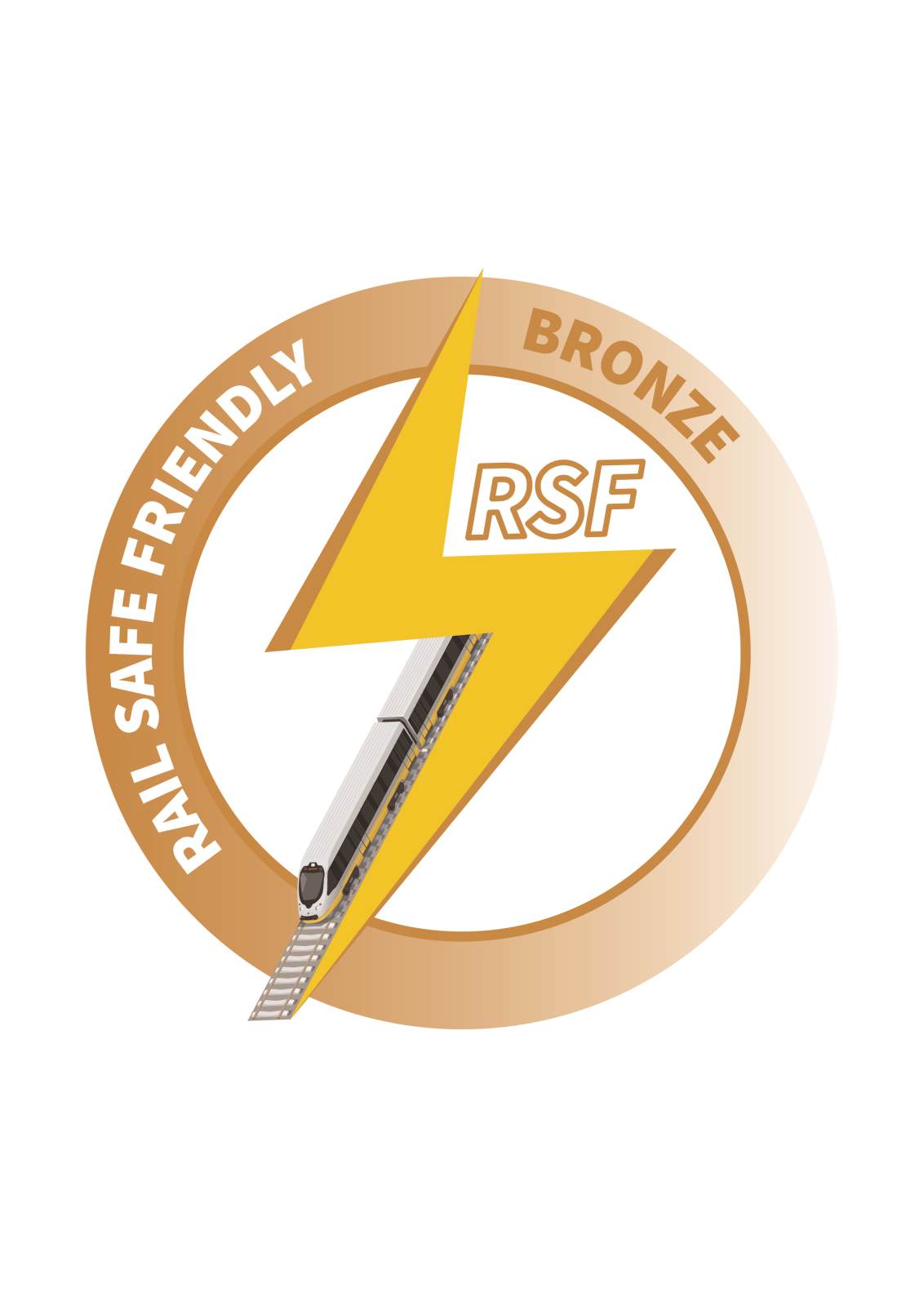
By the time children leave Swaffield, they will have met the objectives from all the different strands of our PSHE curriculum and will be able to draw upon and utilise their learning within the different situations and environments that life brings. We hope our pupils feel confident, empowered and part of a community. We hope they can deal with and support others as well as know where to look for support if they need it.
Bronze Award for rail safety covered in PSHE lessons
We hope our pupils can recognise their feelings and have strategies to rely on. PSHE education at our school will ensure that our pupils are role model citizens for the present and future.
Spiritual, Moral, Social & Cultural Development - SMSC
SMSC is a planned programme of learning through which children and young people acquire the knowledge, understanding and skills they need to manage their lives now and in the future. As part of a whole-school approach, SMSC develops the qualities and attributes pupils need to thrive as individuals, family members and members of society.
Spiritual: The opportunity to explore beliefs, experience and faiths, feelings and values; enjoy learning about oneself, others and the surrounding world; use imagination and creativity and reflect on experiences.
Moral: The opportunity to learn what is right and wrong and respect the law; understand consequences; investigate moral and ethical issues and offer reasoned views.
Social: The opportunity to use a range of social skills to participate in the local community and beyond; appreciate diverse viewpoints; participate, volunteer and cooperate; resolve conflict.
Cultural: The opportunity to explore and appreciate cultural influences; appreciate the role of Britain’s parliamentary system; participate in cultural opportunities; understand, accept, respect and celebrate diversity.The document below shows how the teaching of SMSC is mapped out in the Jigsaw PSHE scheme of work:
-
uk-3-11-smsc-and-emotional-literacy-mapping-document 1
download_for_offline
download_for_offlineuk-3-11-smsc-and-emotional-literacy-mapping-document 1
Assembly themes and Spiritual, Moral, Social and Cultural events:
-
Themes for the year
download_for_offline
download_for_offlineThemes for the year
Physical health and mental wellbeing in primary schools
The physical health and mental wellbeing part of the new RSE curriculum will teach the children how to:
- Make good decisions about their own health and wellbeing.
- Recognise issues in themselves.
- Recognise issue in others.
- Seek support as early as possible when issues arise.
By the time children finish primary school, they will have been taught about the following:
- Mental wellbeing.
- Internet safety and harms.
- Physical health and fitness.
- Healthy eating.
- Facts about drugs, alcohol and drugs and the risks associated with them.
- Health and prevention of illness.
- Basic first aid.
- Changes to the adolescent body, including puberty.
Government Guidance
Follow this link to see the current Government guidance:
Relationships and Sex Education (RSE)
The Relationships Education, Relationships and Sex Education (RSE) and Health Education (England) Regulations 2019 have made Relationships Education compulsory in all primary schools. Sex education is not compulsory in primary schools.
Relationships and Health Education comprises two distinct areas:
- Relationships
- Physical health and mental wellbeing
We use the Jigsaw scheme of work to teach RSE through the Relationships and Changing Me units in the Summer Term. RSE will be taught in a way that is:
- Appropriate for children’s ages and development stage.
- Sensitive to the needs and religious backgrounds of the children in the school.
-
PSHE School overview
download_for_offline
download_for_offlinePSHE School overview
The Relationships and Health Education 2020 curriculum is designed to:
- Help all children grow up healthy, happy and safe.
- Give all children the knowledge to make informed decisions about their wellbeing, health and relationships.
- Support all children to manage the challenges and opportunities of modern Britain.
- Prepare all children for a successful adult lives.
Teaching relationships in primary education
The Relationships part of the curriculum will teach the children what they need to learn to build positive and safe relationship with family, friends and online.Children will be supported to answer the following questions:
- What is a relationship? What is friendship? What is a family? Who can children look to for support?
What will children be taught by the end of primary school?
By the time a child finishes primary school, they will have been taught about the following in Relationships Education:
- Family and people who care for them.
- Caring friendships.
- Respectful relationships.
- Online relationships.
- Being safe.
Government Guidance
Follow this link to see the current Government guidance:
Can parents withdraw their children from the RSE Curriculum?
Parents cannot withdraw their child from any part of the Relationships and Health Education or Science aspects of the RSE curriculum. It is important for all children to be taught the content on such essential matters like friendships and keeping safe.
There are separate rules on withdrawing a child from Sex Education.
Sex education is separate from the Relationships and Health curriculum and parents can withdraw children from some or all of the lessons on Sex Education. Sex Education lessons are only taught in Year 6. If a parent/carer wishes to withdraw their child from Sex Education lessons then they need to put their request in writing to the Headteacher, Ms Hamilton. She will then contact the parent/carer for a discussion.
Before making a request, parents should:
Remember that the Science and Health curriculums in all maintained schools includes content on human development including changes to the adolescent body, and that there is no right for a parent to withdraw their child from the science curriculum.
Details of lessons are available on request.
A charge may be made for photocopying, as stated in our Charging and Remissions Policy.You can read our RSE Policy here:
-
Themes for the year
download_for_offline
-
uk-3-11-smsc-and-emotional-literacy-mapping-document 1
download_for_offline



